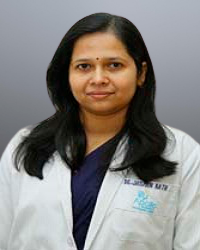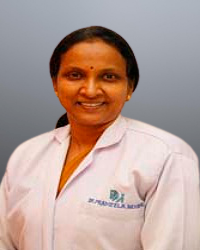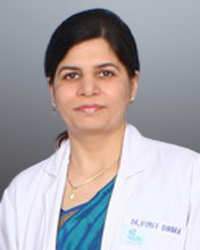Best Doctors for Uterine fibroids in Hyderabad
Uterine fibroids are noncancerous growths that develop in or on the muscular walls of the womb (uterus). These tumours can range in size from tiny ‘seedlings’ almost undetectable by the human eye to bulky masses that can alter and enlarge the uterus. The aetiology of uterine fibroids is still unclear, but hormonal and genetic factors are believed to contribute to their development. Although fibroids are often asymptomatic, they can result in symptoms such as heavy menstrual bleeding, painful periods, discomfort in the lower abdomen, and complications during pregnancy.
Just like women across India, uterine fibroids are a concern for many in Hyderabad as well. The prevalence of this condition is not uncommon in this populous city. Fortunately, Apollo Hospitals with its team of doctors for uterine fibroid treatment and fibroid removal surgeons serves as a beacon of hope for the women of Hyderabad.









 Call Now
Call Now










